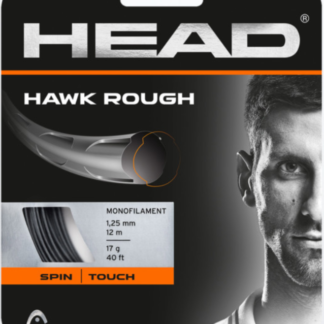Description
ntroduction: Welcome to our in-depth review of the T-Fight 305 Isoflex tennis racket, endorsed by Daniil Medvedev. Designed for serious competitors, this racket offers a perfect blend of power and control with its 630 sq cm headsize and 18-post string pattern. Let’s explore the innovative technologies that make the T-Fight 305 Isoflex stand out on the court.
RS Section Technology: The T-Fight Isoflex range introduces two key innovations from TecniLab: RS Section and Isoflex, aiming to unlock players’ potential and provide a unique sensation of dynamic control. The RS Section represents a fusion of classic “square” and “round” frame sections, incorporating five facets for specific ergonomics. This design enables the ideal compromise between power and control, offering the following benefits:
- Power: The square and elliptical sections deliver the necessary power to hit powerful, winning shots.
- Control: The specialized frame geometry ensures precise shot placement and shot control.
- Stability: The racket offers stability at ball impact, enhancing confidence and consistency.
- Feel: The T-Fight 305 Isoflex provides excellent arm comfort, allowing players to focus on their game without discomfort.
Isoflex Technology: The T-Fight 305 Isoflex integrates Isoflex technology, which features evolving stiffness around the frame and is associated with each string. This technology aims to optimize screen uniformity, increasing tolerance and stability upon impact. The key aspects of Isoflex technology include:
- Sweet Spot: The racket’s ability to forgive centring errors is closely tied to the flexibility of the strings at impact away from the center of the percussion.
- Long Strings: Offer maximum flexibility, resulting in increased power and precision when hitting at the intersection of the longest strings.
- Short Strings: Provide less flexibility, leading to reduced power and precision during off-centered hits.
- Frame Stiffness Adaptation: The T-Fight 305 Isoflex allows players to adjust string flexibility by adapting the frame stiffness, further optimizing power and precision.




